Looking Beyond Covid-19
by Leon van Wyk
The human world, as we know it, has been thrown into a massive state of turmoil, probably on a par with 9/11 in terms of its far-reaching effects. Some may say that it is a much bigger disaster than 9/11, and nobody can predict what the final figures will be, in terms of death toll. What is certain, in my mind, is that this pandemic will, in one way or another, affect all of us. Whether or not we contract the virus ourselves, or perhaps lose a loved one who dies as a result of the disease, there is no getting away from the fact that our lives are being massively disrupted by this virus, and we cannot escape the socio-economic repercussions, the magnitude of which I certainly didn’t foresee when I first heard of the virus. Fine, I accept that this is viewed as a major human catastrophe. But is the picture really all that bleak?
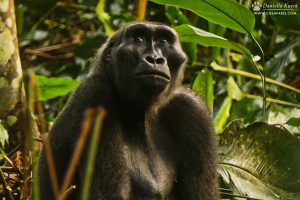
“Western Lowland gorilla pondering- Odzala Kakoua National Park”
We still live in a very beautiful world. Birds continue to sing in our gardens. For those who care to look, the sun still rises in the mornings and sets in the evenings. Rain still falls, and who would not feel a little better when inhaling that unmistakable freshness that is petrichor – defined as “a pleasant smell that frequently accompanies the first rain after a long period of warm, dry weather”?
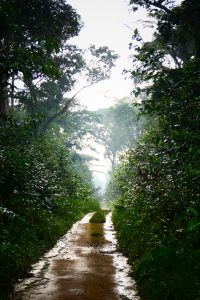
“The rainforest after a downpour, Republic of Congo”
Mother Nature continues to be Mother Nature, producing one miracle after another. New life is created, and cycles that have been in progress for eons continue as before. The vast majority of organisms on this planet are not only totally unaffected by the Coronavirus, they are also blissfully unaware of it. Life goes on as normal! It is only we humans who are being affected. For many decades, indeed for centuries, we humans have made the planet a worse place for the other organisms with whom we share it. Our greed as a species has decimated forests, wiped out millions of once-abundant mammals, depleted a seemingly inexhaustible supply of marine life, destroyed entire ecosystems and led directly and irreversibly to the total extinction of certain species. Yet, we have continued to act as if we are the only species that matters. Granted, in recent decades, humans have begun to take accountability for their actions – maybe not their own individual actions, but the actions of previous generations of humans – and the conservation work that is being done in certain areas is commendable. Let us not pat ourselves on the back too much for this. Let us not view our efforts in conservation as being noble deeds. Let us rather admit and recognize that it is our duty to save this world, and to get the planet out of the mess we created.
“African Grey Parrots, Congo Basin”
What heartens me as a guide who spent 26 years conducting safaris in private game reserves in South Africa, using 4×4 vehicles to get closer to high profile mammal species, sometimes going quite far off-road in the process, is that for now, during this human crisis, Nature is being given a well-deserved break from our impact. While we justify our impact with the valid argument that many game reserves as we know them could not exist without the presence of humans in 4×4 vehicles, there can be no denying that our presence in these environments is felt by the organisms which dwell there. Yes, we strive to make as little impact as possible, and most guides who are worth their skin conduct their intrusions into the wilderness in a responsible manner. Anything less than that would be totally unacceptable. But still, I like to think that our precious and delicate game reserves and wilderness areas are “breathing a collective sigh of relief”, enjoying a little peace, during our enforced and extended absence – or at least greatly reduced presence.
It is comforting to know that although nobody is watching, the elephants are still coming down to the water to drink. They do this as unhurriedly as ever, and with just as much enjoyment. Perhaps they are not being photographed, but they’re doing it!
 “Forest elephant drinking in Lango Bai, Odzala Kakoua National Park”
“Forest elephant drinking in Lango Bai, Odzala Kakoua National Park”
Lion cubs continue to play, just like they always do. We may not be there witnessing it, but it is happening. Every single day, somewhere “out there”, lion cubs are playing. And in the evenings, rest assured, male lions are roaring…and they are being heard! Lion life goes on.
 “Mhangene pride cubs near Khoza Pan – Singita Sabi Sand”
“Mhangene pride cubs near Khoza Pan – Singita Sabi Sand”
 “Male lion roaring – Singita Sabi Sand”
“Male lion roaring – Singita Sabi Sand”
A male leopard has to continue doing what male leopards do, in order to be successful. If he is a territorial male, he needs to actively patrol his territory, scent-marking as he goes along, and occasionally uttering that rasping call that travels surprisingly far on a still evening. Like all cats, the leopard will rest frequently and sometimes for long periods. Whether we are there to witness it or not, those leopards are still out there, being leopards, and being incredibly beautiful.
 “Nyelethi male upstream of Singita Ebony”
“Nyelethi male upstream of Singita Ebony”
 “Nyelethi male on a mound near Singita Airstrip”
“Nyelethi male on a mound near Singita Airstrip”
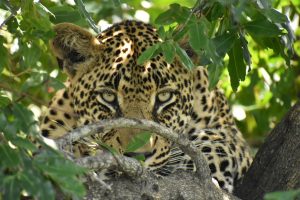
“Mweti male at eye level – Singita Sabi Sand”
Though he may not have an enthralled group of human spectators watching him, a rhino bull still has a mud wallow, and when he emerges from it, he will go and find a suitable rubbing post, and indulge himself in the real delight of methodically using the abrasive mud against the hard piece of wood to remove ticks and relieve his thick hide of itches.
 “Rhino bull wallowing at Singita Sabi Sand”
“Rhino bull wallowing at Singita Sabi Sand”
 “Fresh out of the wallow – Singita Sabi Sand”
“Fresh out of the wallow – Singita Sabi Sand”
 “Perfect rubbing post – Singita Sabi Sand”
“Perfect rubbing post – Singita Sabi Sand”
 “Early morning scent-marking – Singita Sabi Sand”
“Early morning scent-marking – Singita Sabi Sand”
Buffalo bulls are well-known for looking at humans with a not-so-friendly expression on their faces. It might not always be intended as a hostile look, but there is seldom any doubt that a buffalo needs to be respected at all times. They are certainly worthy of the respect they are shown, and this respect is even granted to them by lions and elephants. Even if we humans are not there to pass remarks such as “The buffalo bull looks at you as if you owe him money”, those buffaloes continue to have that aura and attitude about them.
 “Don’t mess with me – Singita Sabi Sand”
“Don’t mess with me – Singita Sabi Sand”
Many people are fascinated by the extraordinary body shape of a giraffe and by its long eyelashes and soft eyes. I have often remarked to guests that giraffes are probably among the most inoffensive of all animals out there. Even with nobody watching them, they continue to be outrageously beautiful animals, and their inoffensive nature does not suddenly change. They continue to be inquisitive and they continue to be quiet, and whether we are watching them or not, they keep doing giraffe things!
 “Giraffe cow and calf near Singita Castleton”
“Giraffe cow and calf near Singita Castleton”
“Giraffe emerging from having a drink in the Sand river, Singita Sabi Sand”
Kudu bulls are in my opinion some of the most beautiful creatures on the planet, and this is a view shared by many of my friends. Whether alone or in groups, kudu are worthy of being called the “grey ghosts of the bushveld,” as their ability to simply vanish from sight is legendary among those who have hunted them. In addition to having a keen sense of smell and very sharp eyesight, they have particularly good hearing, probably in the same league as rhino. This makes them very difficult to approach, not only for humans but for their natural predators too.
 “Early morning kudu bull – Singita Sabi Sand”
“Early morning kudu bull – Singita Sabi Sand”
Even if no Land Rovers are driving past the prominent rocky outcrops which are home to several pairs of klipspringers, I can promise that those delightful little antelope are still there, standing alert on top of the rocks for many motionless minutes, or occasionally bounding effortlessly from one boulder to another.
 “Male klipspringer near Singita Boulders”
“Male klipspringer near Singita Boulders”
The hundreds of different bird species which are appreciated by some, but overlooked by far too many, are still out there, their various calls enhancing the environment that they share with so many other forms of life. Whether soaring high on the thermals like some of the vultures and raptors, perching on a branch in search of passing insects which they catch on the wing, wading in the shallow water or combing through the hair on the body of a herbivore, all birds have their niche in the complex web of ecology, and of course our temporary absence from some of the wild areas frequented by them is not going to change the fact that they are out there!
 “Goliath heron at Pios Crossing, Singita Sabi Sand”
“Goliath heron at Pios Crossing, Singita Sabi Sand”
 “Purple roller on a winter morning – Singita Sabi Sand”
“Purple roller on a winter morning – Singita Sabi Sand”
 “White-fronted bee-eaters near Singita Ebony”
“White-fronted bee-eaters near Singita Ebony”
 “Cattle egrets feeding on insects and yellow-billed oxpeckers sitting on the backs of forest buffalo- Lango Bai, Odzala National Park”
“Cattle egrets feeding on insects and yellow-billed oxpeckers sitting on the backs of forest buffalo- Lango Bai, Odzala National Park”
 “A tiff between yellow-billed storks during a feeding session near Singita Ebony”
“A tiff between yellow-billed storks during a feeding session near Singita Ebony”
Streams continue to gurgle as water flows over rock (to me, one of the most soothing sounds), flies continue to swarm around the herds of buffalo in the heat of day, and lions continue to spend most of their day at rest. Our absence is perhaps barely noticed by the regular inhabitants of the beautiful game reserves that we so love to visit. On the other hand, though, we are feeling our absence. We long to return to the wilderness again, and we promise to ourselves that when we do, we will appreciate it much more than we ever did.
 “Leopard crossing the Sand river at Pios crossing”
“Leopard crossing the Sand river at Pios crossing”
The travel restrictions and “lockdown” regulations that have had to be applied are hurting us, but we know they are necessary. When normality returns – and I believe with my heart and soul that it will – we will once again be able to return to our beloved wild areas. To what extent our presence has been missed is uncertain. My personal opinion is that we are not being missed much at all! When we return, let us do so gently. Africa awaits us, so let us not spoil it. Let us go back and enjoy it, grateful that we have been spared and given another chance. Let us celebrate every sunset and let us do it respectfully. We have been given a warning, so let us heed that warning. We just don’t know what the future holds, so when the opportunity arises to go back to our roots, and to follow our calling, let us seize that opportunity. We might find our wild Africa just a little wilder than it was before – but that, surely, makes it even more precious, don’t you think?


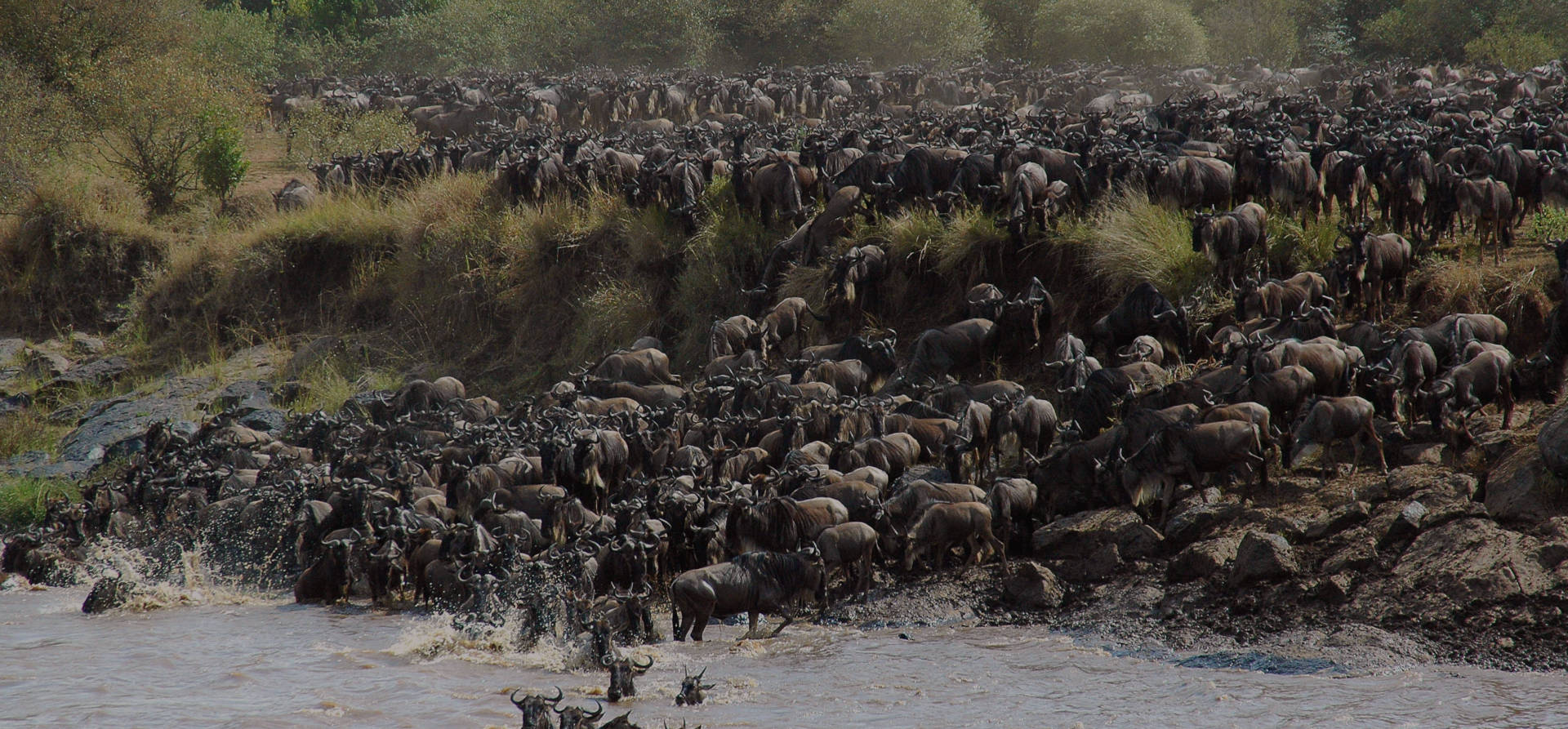
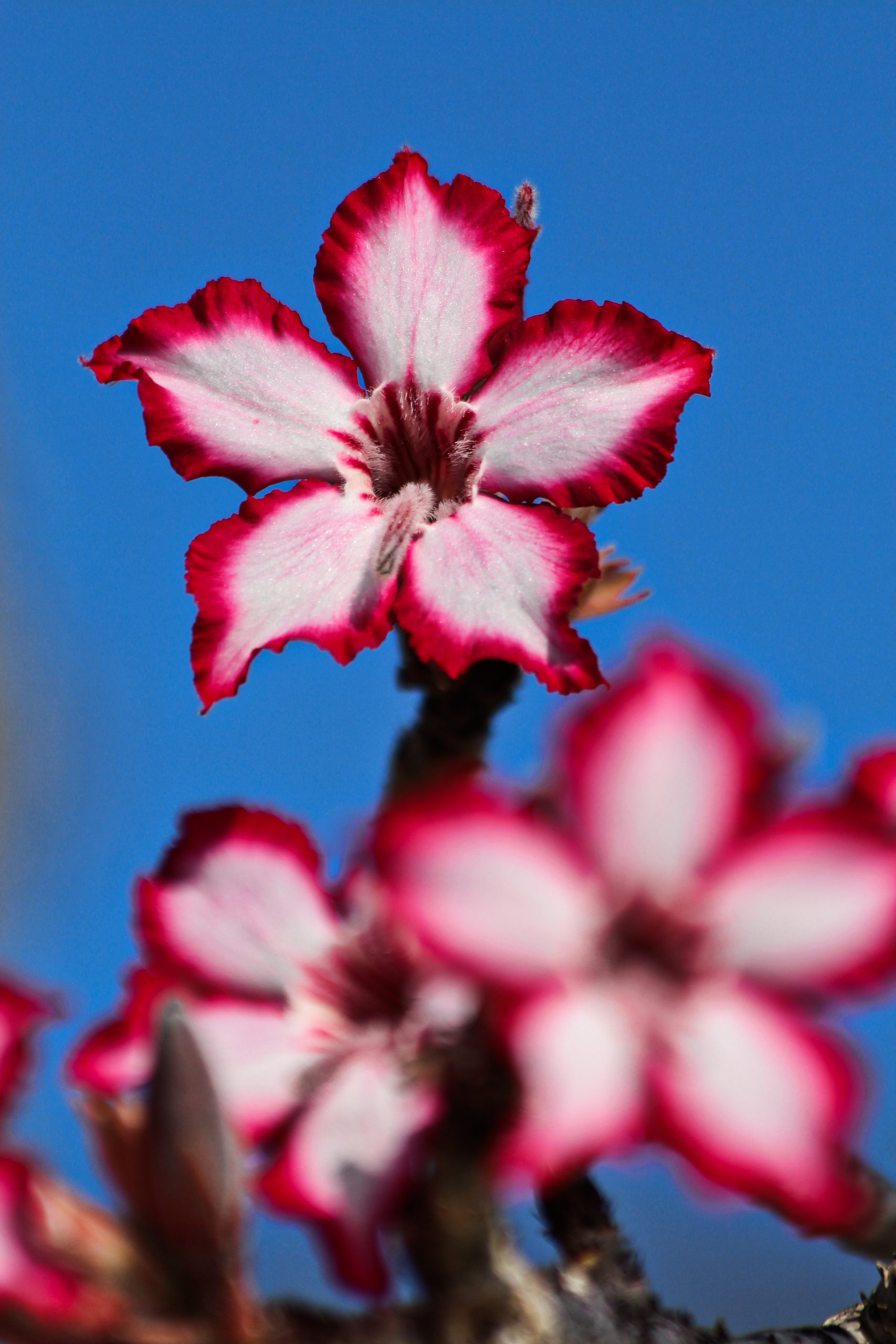
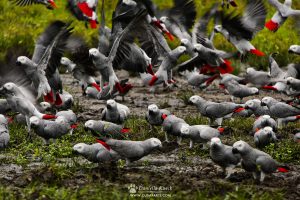
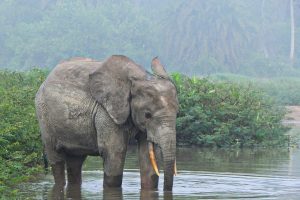 “Forest elephant drinking in Lango Bai, Odzala Kakoua National Park”
“Forest elephant drinking in Lango Bai, Odzala Kakoua National Park”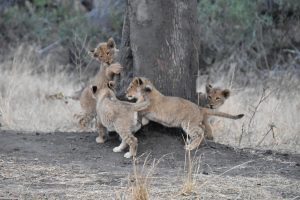 “Mhangene pride cubs near Khoza Pan – Singita Sabi Sand”
“Mhangene pride cubs near Khoza Pan – Singita Sabi Sand”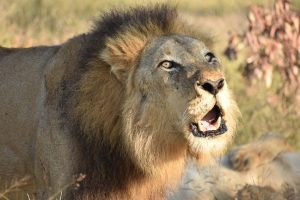 “Male lion roaring – Singita Sabi Sand”
“Male lion roaring – Singita Sabi Sand”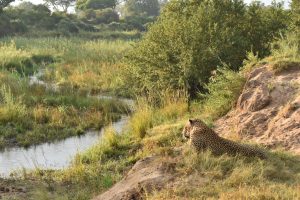 “Nyelethi male upstream of Singita Ebony”
“Nyelethi male upstream of Singita Ebony”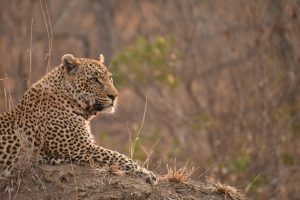 “Nyelethi male on a mound near Singita Airstrip”
“Nyelethi male on a mound near Singita Airstrip”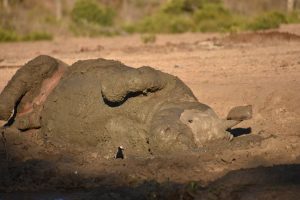 “Rhino bull wallowing at Singita Sabi Sand”
“Rhino bull wallowing at Singita Sabi Sand”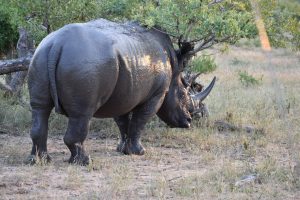 “Fresh out of the wallow – Singita Sabi Sand”
“Fresh out of the wallow – Singita Sabi Sand”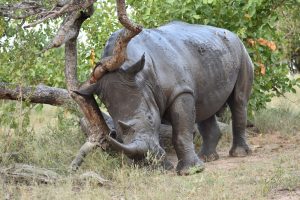 “Perfect rubbing post – Singita Sabi Sand”
“Perfect rubbing post – Singita Sabi Sand”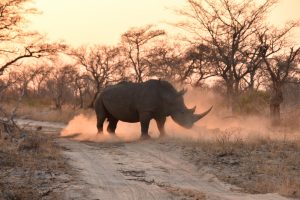 “Early morning scent-marking – Singita Sabi Sand”
“Early morning scent-marking – Singita Sabi Sand”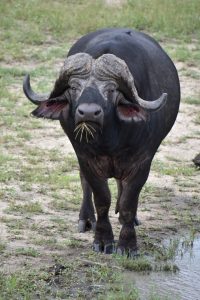 “Don’t mess with me – Singita Sabi Sand”
“Don’t mess with me – Singita Sabi Sand”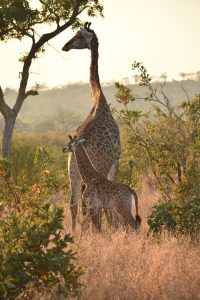 “Giraffe cow and calf near Singita Castleton”
“Giraffe cow and calf near Singita Castleton”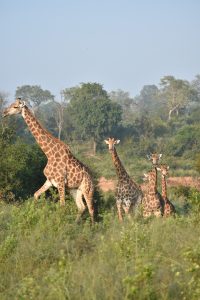
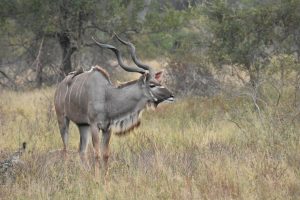 “Early morning kudu bull – Singita Sabi Sand”
“Early morning kudu bull – Singita Sabi Sand”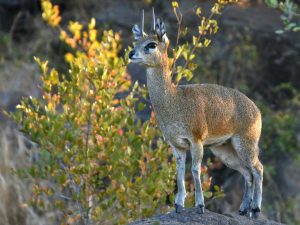 “Male klipspringer near Singita Boulders”
“Male klipspringer near Singita Boulders”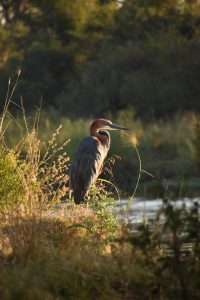 “Goliath heron at Pios Crossing, Singita Sabi Sand”
“Goliath heron at Pios Crossing, Singita Sabi Sand”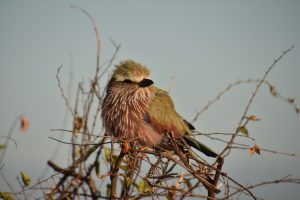 “Purple roller on a winter morning – Singita Sabi Sand”
“Purple roller on a winter morning – Singita Sabi Sand”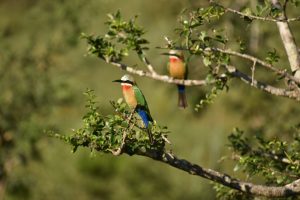 “White-fronted bee-eaters near Singita Ebony”
“White-fronted bee-eaters near Singita Ebony” “Cattle egrets feeding on insects and yellow-billed oxpeckers sitting on the backs of forest buffalo- Lango Bai, Odzala National Park”
“Cattle egrets feeding on insects and yellow-billed oxpeckers sitting on the backs of forest buffalo- Lango Bai, Odzala National Park”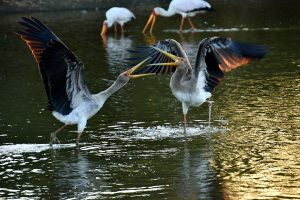 “A tiff between yellow-billed storks during a feeding session near Singita Ebony”
“A tiff between yellow-billed storks during a feeding session near Singita Ebony”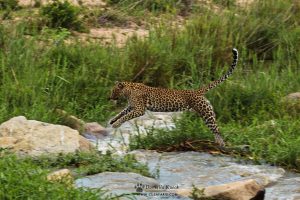 “Leopard crossing the Sand river at Pios crossing”
“Leopard crossing the Sand river at Pios crossing”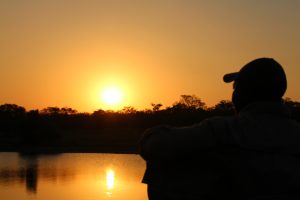 “We shall again enjoy these sunsets”
“We shall again enjoy these sunsets”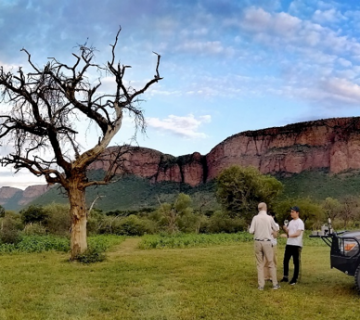
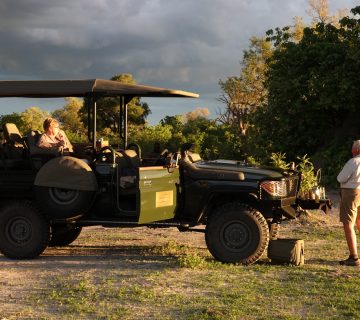
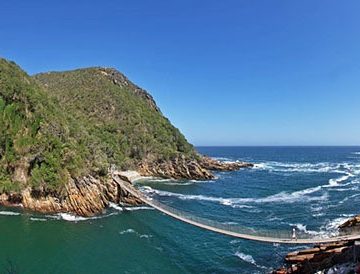

A beautifully written truth. Mr Van!!!!